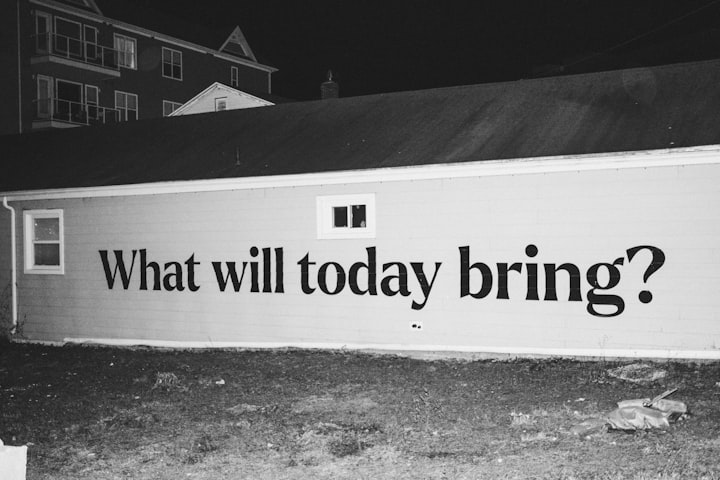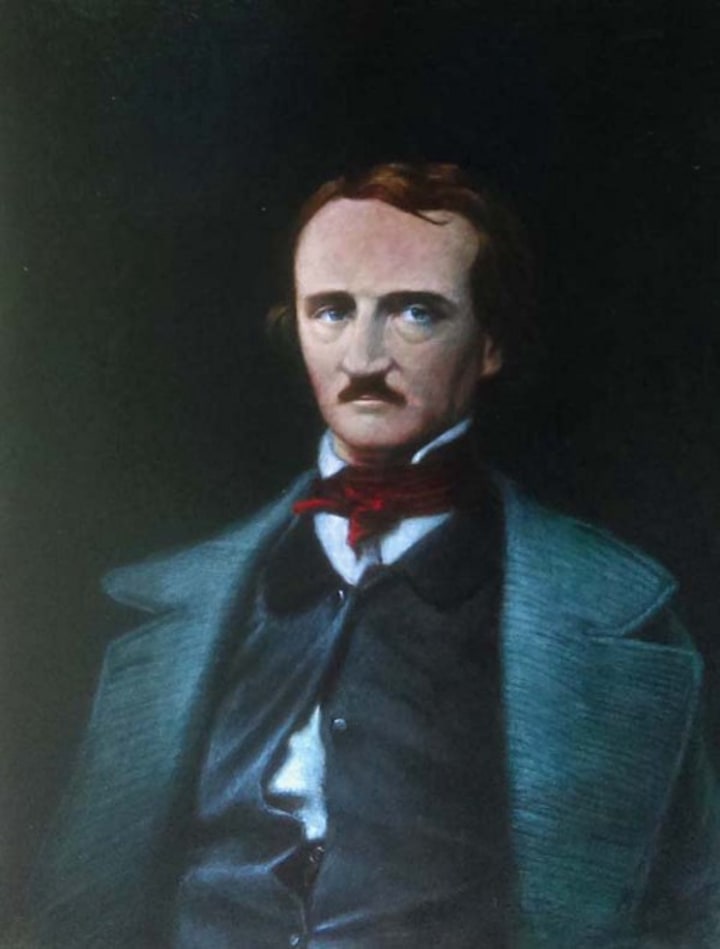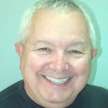What’s Happening? Suddenly Everyone Is An Expert On Every Subject
A Lifetime Of Knowledge Doesn’t Make One An Expert

I’m not as bright as Aristotle, Plato, or Socrates. I certainly will never be compared with any of the great polymaths, either. That leads me to wonder: How did all these people suddenly find these answers to all these different problems?
Everywhere I look, I see examples of people claiming to have the best way to “_______,” or how not to “______,” or some other type of “try this,” “do that,” and I get confused.
I consider myself an educated man, for the most part. I qualify that because I am not mechanically inclined at all. It’s as if God gave me ten thumbs when I try to put anything together.
The reason I mention this is to highlight what I believe to be a serious flaw in our society: Too many of us think we know the best way to accomplish something is to do it “our way.”
This writing community has all of the answers to none of the questions — yes, including me! We give black and white answers to gray questions, with no forethought given to any other possibility. Why? Because we know it worked for us, so suddenly that makes us an expert.
The curiosity of belief.
I find it curious that we believe total strangers, giving them credence even though none may be due. We offer them our trust because of something they did, or the way they handled a particular situation. We will freely offer them our compassion, our sympathy, and our condolences if something goes wrong.
I have seen times when we have taken it even further by trusting a stranger more than we trust our family and loved ones. Isn’t that amazing?
Could it be possible that we approach some stranger, curious about what they were saying, or doing, whose answers in turn gave us a new branch of knowledge, thereby allowing us to form a belief — with or without all the pertinent knowledge needed to make an accurate assessment?
I know that’s a loaded mouthful of questions to ponder, so let me try to better clarify what I am asking:
We have curiosity, meaning we question something;
After asking enough questions, we have now obtained new knowledge;
We deem this knowledge, by itself, to be worthy of us forming a belief to implement in our daily lives as a new part of our lifestyle.
Is that how we come to trust strangers when we need advice?
As a writer, I tend to lean a tad to the conservative side as I read, but find myself more liberal when I write. That’s an important distinction I made many years ago. It spawned from an old adage I had read:
‘Believe nothing you hear, and only one half that you see.’ — Edgar Allan Poe
I changed this saying a bit because I firmly believe what I see; I am skeptical when it comes to the ‘why’ and ‘how’ I’m seeing it, but I believe what I see until someone proves it to be false.

http://www.thepoeblog.org/unique-portrait-reveals-young-edgar-allan-poe/
Mr. Poe’s statement was brilliant for his era and is still true today. Given the conditions of our era, (what with the Internet, TV, and fake news), he might want to add another line to his quote:
Believe everything you write, and only half that you read. — Ken Kayse
When I write, I find myself researching thoroughly to make sure whatever I am writing is current, truthful, and is fit to include in my topic. Anything less than this would be risking being out in the hallways of writing school without a permission slip.
Writing is an art form. Therefore, when I write I keep two facts uppermost in mind:
You, the reader, are the ultimate judges of my content, so it had better be truthful.
Never make all-encompassing statements — leave yourself some leeway in case you are mistaken.
To illustrate this, here’s a quick exchange I had with a little girl on the sidewalk where I was walking my dog:
“Mister, can I pet your dog? Will he bite? ” She asked.
“Sweetie, I don’t know if he will bite. All I can say is that he hasn’t bitten anyone yet,” was my reply.
All dogs bite! I can’t say my dog won’t ever bite someone. Similarly, I can’t spread falsehoods with my writing because it will come back to bite me in the end. That’s why I refrain from making sweeping assertions about something that might have worked for me but would be terrible advice for you. How can I know if it will work for you? I don’t even know you!
Moving forward, I have promised myself I won’t make far-reaching claims about writing success that can’t be substantiated. I can just relate what I know works for me.
Just because I can conjugate verbs doesn’t mean I’m an expert.
Thanks for reading this!
Please ask your family and friends to help me expand my readership circle by following me for free access to more of my articles.
This article was originally published elsewhere.
About the Creator
Enjoyed the story? Support the Creator.
Subscribe for free to receive all their stories in your feed. You could also pledge your support or give them a one-off tip, letting them know you appreciate their work.






Comments
There are no comments for this story
Be the first to respond and start the conversation.